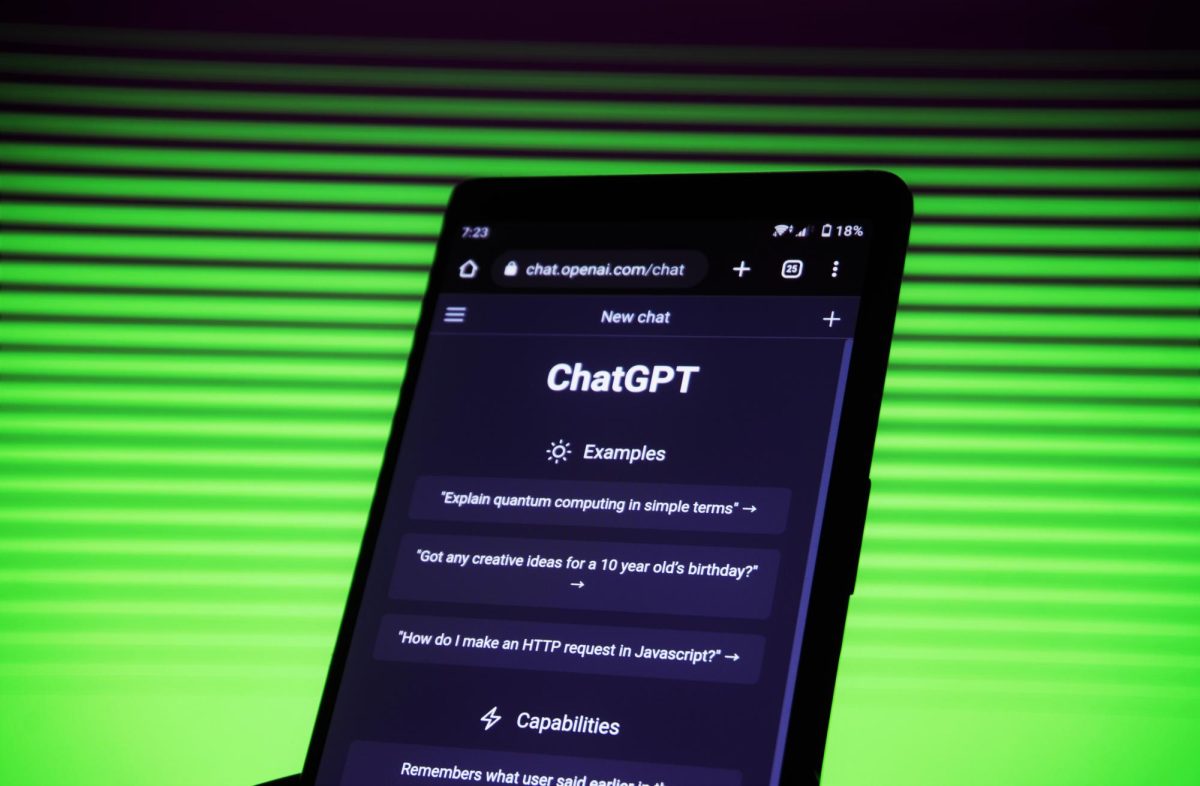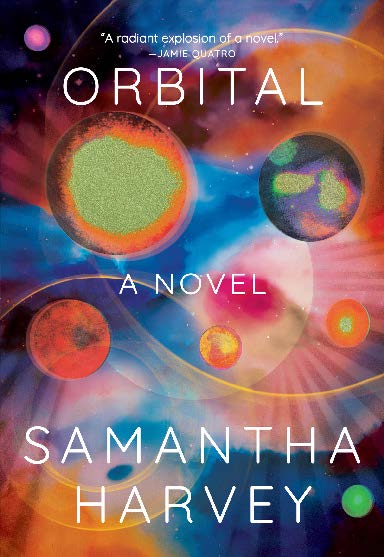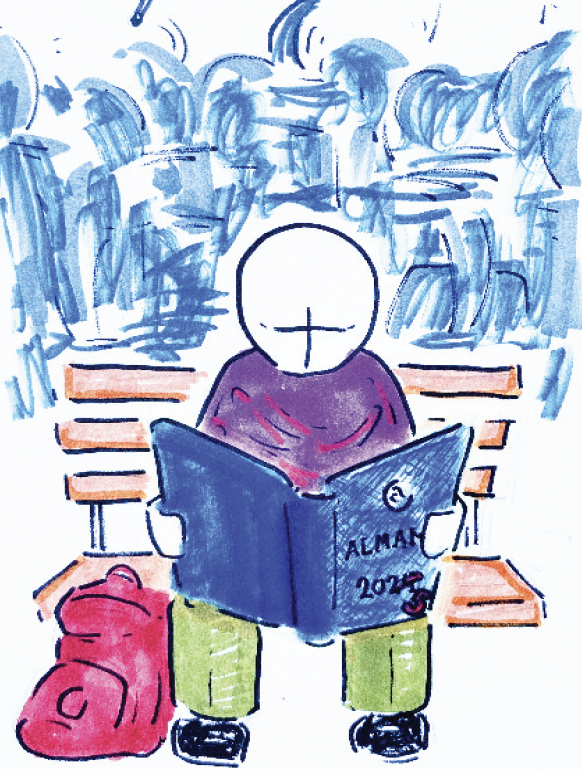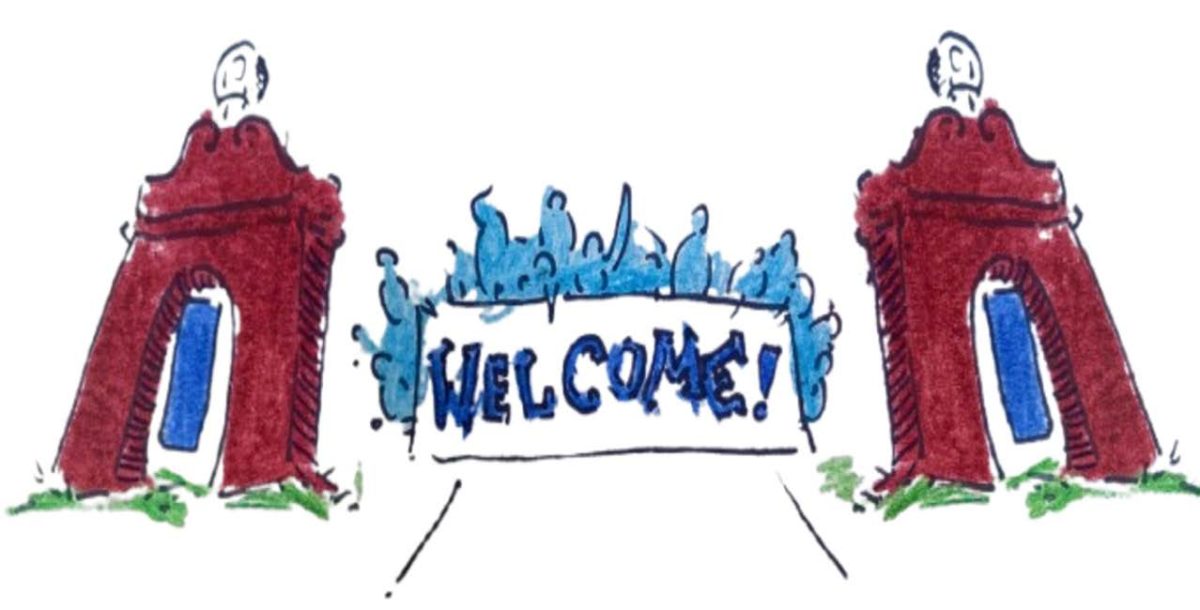On February 22, Mr. Richard Davis, dean of academic life, announced an addition to the school’s academic integrity policy in an email to all students and faculty. Mr. Davis reiterated that “submitting work that is not your own as your own is considered a violation of academic integrity” and specified that “text, images, audio, and video generated by AI, including by large language models (LLMs) such as ChatGPT or Google Translate, may not be used in completing assignments without explicit permission by the instructor.”
While the school must uphold academic integrity, discouraging the use of LLMs, including AI chatbots, is the wrong course of action. Hotchkiss should encourage opportunities for students to understand these powerful tools in order to succeed in their professional lives beyond high school.
Language models are not a new technology; they emerged in the 1960s. What differentiates these early language models from technologies like ChatGPT are the vast datasets to which the newer versions have access.
ChatGPT is an iteration of a language model called a large language model (LLM). LLMs are extremely advanced, and frankly, better at certain tasks than humans. Tasks such as research, data aggregation, and the production of boilerplate writing are all being changed by the introduction of ChatGPT.
One reason for Hotchkiss to incorporate LLMs into the curriculum is the opportunity to enhance research projects. Instead of spending hours searching for sources for a research paper, for instance, students would be able to spend more time crafting arguments and educating themselves on more advanced concepts.
Encouraging instructors to use LLMs would allow students to spend less time on menial tasks and give them more time to hone critical thinking skills and form stronger arguments. In other words, AI tools, in some forms, can actually be extremely useful for education – but for that potential to be tapped, the school must recognize it.
There are some legitimate reasons teachers have to limit AI use. However, many of the potential problems can be addressed with careful regulation.
Plagiarism, for instance, differs markedly from research assistance, and a smart policy could be crafted to restrict one while allowing the other.
Negotiations about use of technology are typical of any kind of progress. If the school were not to have, for instance, encouraged students to use the internet in its early days, that would have been a major blow to student learning. The potential to use the internet as a source for cheating doesn’t outweigh the significant benefits that the technology has provided.
AI-assisted technologies aren’t going away anytime soon. In order to ensure that Hotchkiss students are able to exist in a new world reshaped by artificial intelligence and LLMs, the school must give them exposure to the technology’s potential benefits and help them learn responsible use.
If it does so, the value of a Hotchkiss education will increase, and the school will uphold its core mission of “providing a dynamic environment for teaching and learning, as well as exceptional preparation for future study and fulfilling adult lives.”





